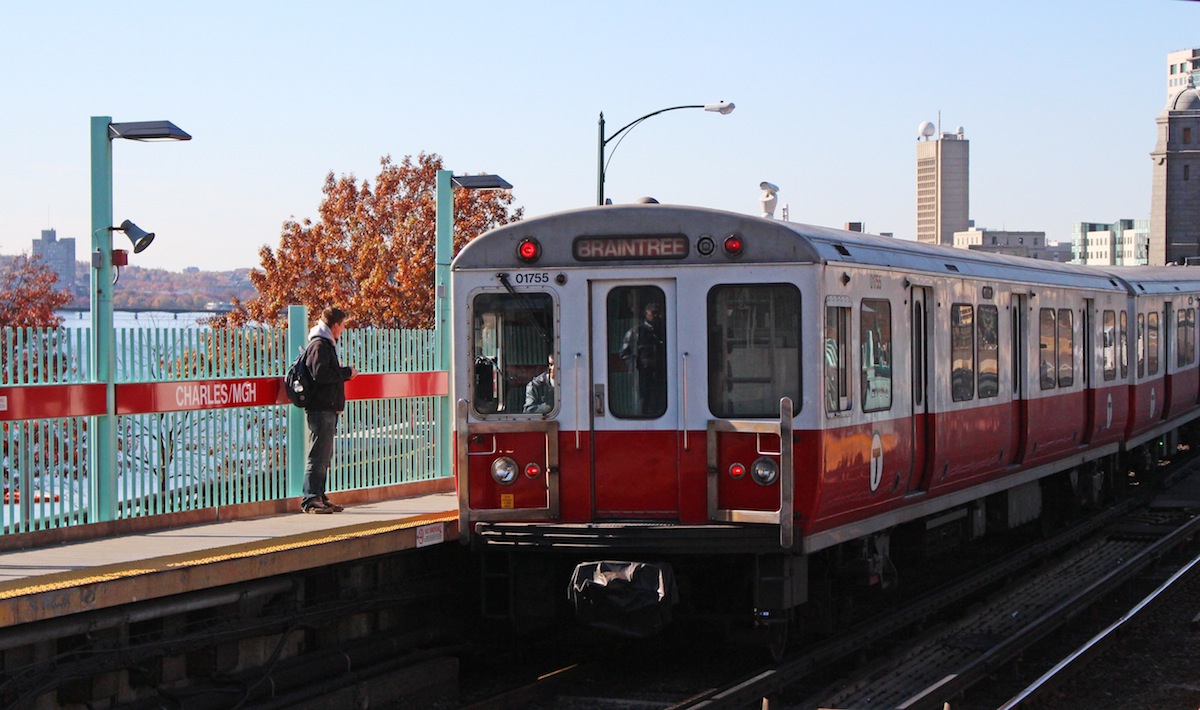How Much Should You Complain About Today’s MBTA Fare Increases?
It is July 1, which means the price to ride the T or the bus rose by $0.10 today. How should we greet this news?
This is the first increase mandated by a transportation bill passed last year that requires the T raise prices regularly (but never more than 5 percent every two years). It is far smaller than the last fare hike of 23 percent, but larger than, you know, not raising fares at all. So with all that in mind, there are many ways one might feel about the increased fares:
1. “This personally costs me money and I am upset.” This is the most obvious reaction if you regularly use the T or the MBTA’s bus service. It doesn’t require a lot of explanation.
2. “Now my Charlie Card is going to have weird balance amounts on it.” You may also be personally irked by the awkward prices of $1.60 to ride the bus and $2.10 to ride the T. Previous to this, prices came in increments of $0.50, which was certainly a cleaner, more aesthetically pleasing lifestyle. But hey, this is preferable to a $2.50 T fare.
3. “While this costs me money, it is good to fund the T with small, regular fare increases.” How selfless of you. This line of thinking focuses on the fact that the state government mandated fare hikes for a reason. They were following the model of more sanely funded transit agencies like London’s. Without a regular increase, the state waits until the T faces a crisis in funding that requires larger jumps in fares. This incites a lot of rider anger and sets the expectation that fare increases should be rare and come only in crisis. Small, regular jumps set the expectation that we must all keep the T regularly funded. As a cranky colleague once argued, the T needs money if it’s going to improve service, and fare increases are part of the solution. So quit complaining! It’s going to happen no matter what. The question is whether fare increases come in shocking increments in times of great need or regularly, such that we hardly even notice.
4. “We shouldn’t ask riders to fund the T more than they already do.” A handy infographic in Boston‘s July issue showed that whenever the MBTA’s debt increased, we turned to riders to pick up the slack. This makes intuitive sense. Ask the people who use the service to fund it. But it is not just riders who gain from public transit. A lot of car commuters benefit from roads that are less congested thanks to transit commuters. And everyone’s life is improved by the environmental damage left undone. Instead of finding more revenue by asking riders to pay more than their current share, you might suggest we find ways to charge taxpayers or car drivers. Then again, given how many complaints we hear from those who do take the T, imagine the politics of asking those that don’t to pay more to fund it. Yikes.
We can’t tell you which of these to feel or in what proportions. Maybe talk it out with your neighbor on the bus home this evening. You’re paying $1.60 for the privilege. Might as well make a friend.


